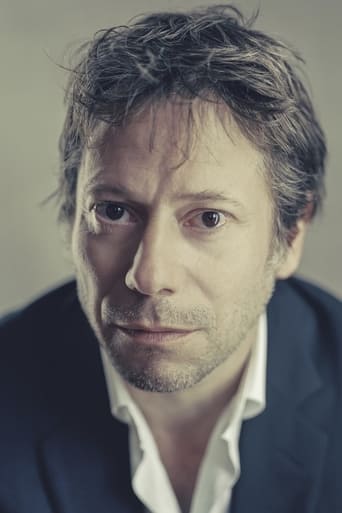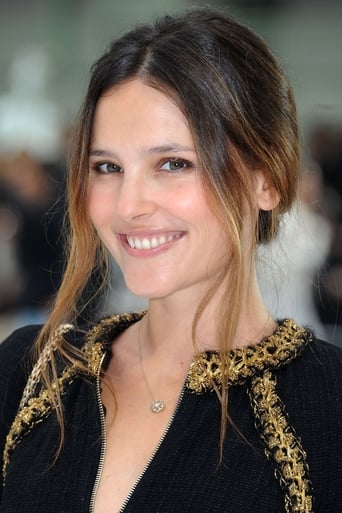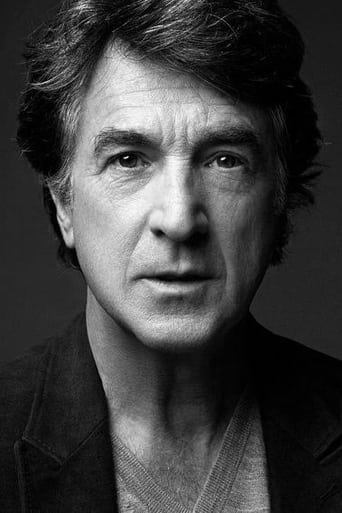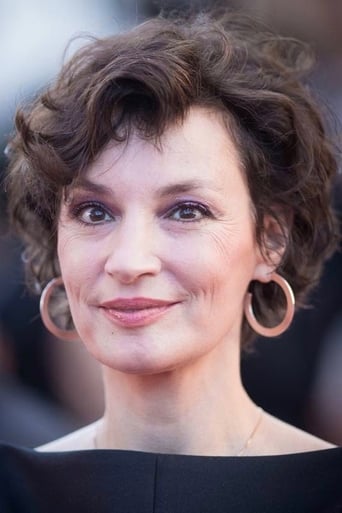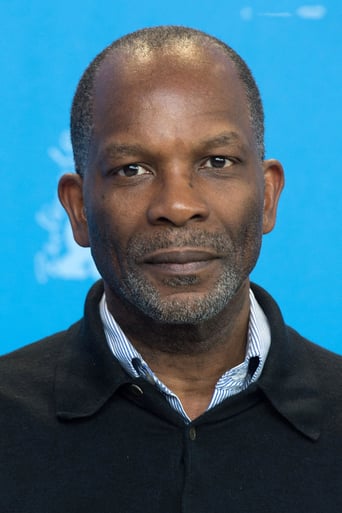lastliberal
I was attracted to this film because of Virginie Ledoyen (The Valet, * Women), and to a lesser extent because it was written and directed by Olivier Assayas (Boarding Gate, Demonlover, Paris, je t'aime). I was not thrilled, but I was not terribly disappointed either.Ledoyen, as were all the characters in the film was self-obsessed. Probably none more so than Gabriel (Mathieu Amalric - The Diving Bell and the Butterfly), who seemed to need a constant reaffirmation from his friends, but rejected any criticism of his aimless life.The film revolved around Adrien (François Cluzet), a writer that lived on the margins while composing novels that no one read. In fact, most all of the characters lived on the margins in meaningless jobs. They just floated instead of trying to build something.I guess if I wasn't fascinated with helping someone who seems to live a similar life, I wouldn't have found this film as interesting. But the acting rose above the story and it was, indeed a pleasure to watch.
alice liddell
In many ways, FIN AOUT, DEBUT DECEMBRE is a dismaying and disappointing experience. Assayas' IRMA VEP is the best French film of the last quarter century; thematically rich, stylistically remarkable, emotionally devastating. FIN AOUT is, in comparison, a rather drab handheld take on Eric Rohmer, filled with dull, aimless, middle-class intellectuals who have such 'financial problems' that they get their uncle to lend them his country villa; they whinge and emote in the most banal terms, in a plot that says nothing, and goes nowhere.This very drabness seems to be the film's theme. Although the title is very specific about time and the seasons, the film itself seems to exist in a timeless vacuum. Each episode has a temporal subtitle (e.g. 'six months later'), but no month is ever specified, and could therefore be any or none. This is not the film's failing, but that of the characters, who are locked in their own solipsism, flailing desperately, but unable to escape.Gabriel says of Adrien, the writer, that he was minor because he could only see the world from his limited viewpoint, but this is a much more general malaise - all the talk about friendship can't hide the fact that each character is fatally limited in perception of others, because of obsession with self (figured in the cramped interiors. The trips to the country are literally bursts of fresh air). This doesn't mean that Assayas isn't generous with his characters; he is probably kinder than some of them deserve (Gabriel in particular needs a good shaking). The search for an apartment, therefore, is not a trite subject - these rootless characters, forming their own community, are so desperate for a sense of place, home, that they search everywhere for it: the country, abroad, the past, death.FIN AOUT has in common with IRMA VEP a concern with the crisis of expression in this era of post-modernism. The crucial figure here is the writer, significantly a receptacle of death (the funeral is becoming a recurring motif in modern French cinema, as in THOSE WHO LOVE ME TAKE THE TRAIN); focus for all the other characters.The question is: in an age of pastiche and reproduction, is it possible to insist on authentic personal expression (the film's structure focuses on shifting series of pairs: uneasy doublings and reproductions). And does it matter that this person (both the director in IRMA VEP, and the writer here) is rather objectionable as a human being? Is the insistence on the personal elitist and restrictive?In IRMA VEP, these questions were urgently juggled up to the end, with no clear answers. Here, the writer is unrecognised until he dies, perhaps confirming our decadent reliance on the past, and our inability to come to terms with and express the present (although even this is undermined; as his publisher remarks on his perceived success, 'I wouldn't go that far').
Unlike the director in IRMA VEP, we get no example of Adrien's work, save a self-serving and cliched letter (significantly breaking up a relationship of the May/December type that has nearly killed French cinema). There is no transcendental moment, like the final sequence of IRMA VEP; in essence an archetypal post-modern artefact - a fragmentary, abandoned, incomplete, distorted, scratchy, uncontextualised piece of film; a haunting palimpsest from another age (a call to return to the beginnings of cinema, when possibilities were endless, before ossifying into the codes we are stuck with now?), it is also the locus for Assayas' faith in cinema, personal expression and emotion. This issue is left rather vague here, because we have no evidence with which to judge.Well, except this film, of course. It is this that raises the film - Assayas' complete, mature mastery of the medium. Although his material is banal, he electrifies and enlivens it with his style: the fluidity of his camera movements and editing; his emotional use of colour, light and space; his mastery of the techniques of melodrama; his intimate ability to capture, and make profound, every seemingly trivial, gesture; his enlarging every detail to convey and enrich meaning.Chris Darke has called FIN AOUT a cubist film, but it seems to me more like an obsessive Monet serial: the characters and place, for all their narrative perambulations, never seem to change, or resolve the problems that opened the film (even if they leave somewhere, it's back to somewhere they've been before), but Assayas' impressionistic eye, in capturing authentically the moment, asserts the beauty and depth of the transitory.In fact, the film's nearest comparisons, for all its cinematic brilliance, might be literary - especially Proust and Beckett - in its avoidance of the dramatic (the main death occurs off-screen) in favour of the phatic, the continuous and the elliptical, giving a truer account of lives dominated by lack (the film's opening credits have the actors' names split apart, figuring the personality crises that make up its content).I have been using a lot of superlatives, and here's another. Assayas is, along with Tim Burton, Takeshi Kitano and Wong Kar-Wai, the greatest director in the world: he has often been compared to the latter, although he can't quite reach Wong's offhand melancholy poetry just yet. FIN AOUT, than, is his HAPPY TOGETHER, an absolutely astonishing example of cinematic authority wasted on a rather monotonous psychodrama.
